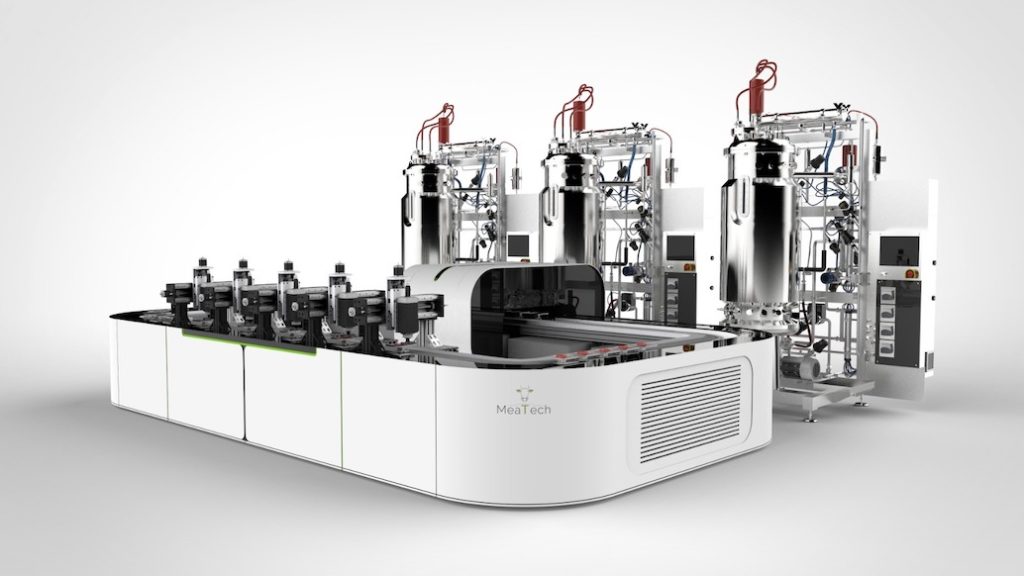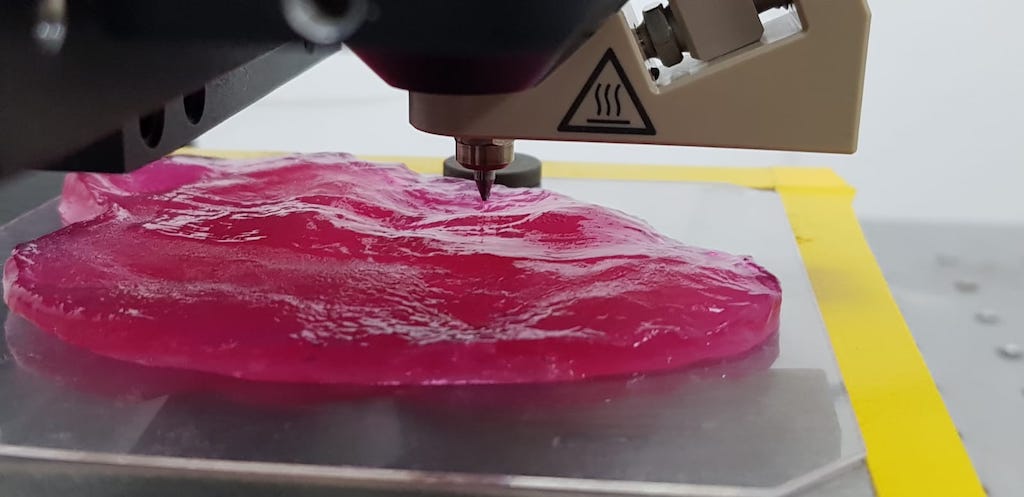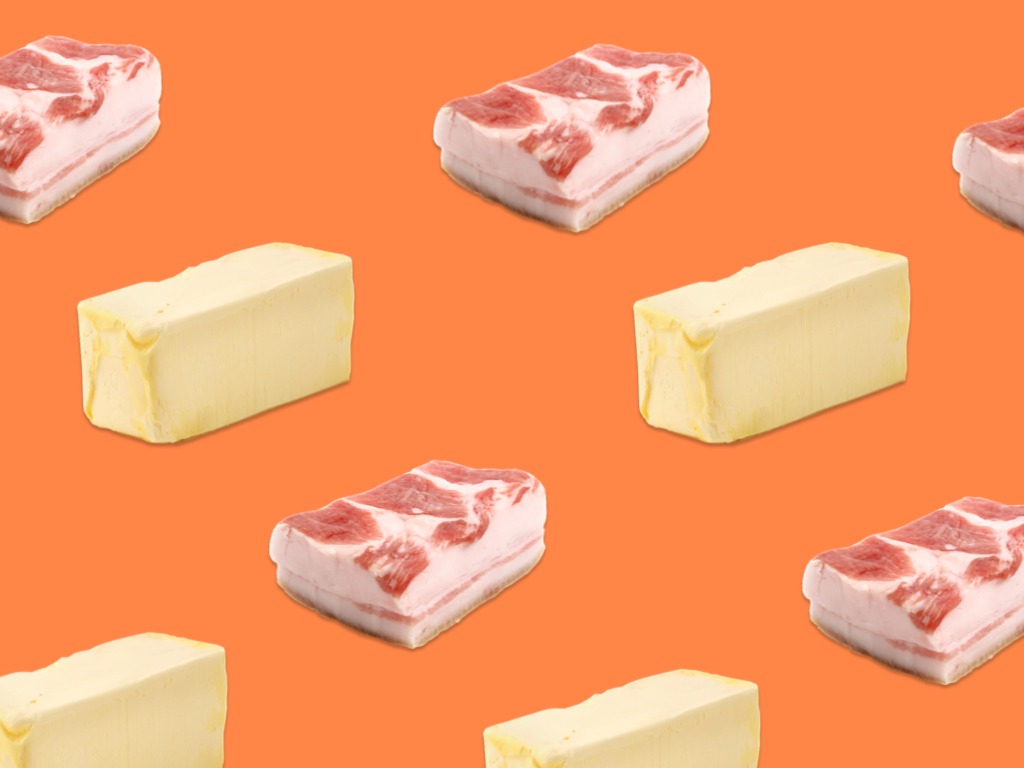First Alt Protein Industry Acquisition: Israel’s Meat-Tech 3D Set To Purchase Cell-Cultured Fat Company
3 Mins Read
Meat-Tech 3D, an Israeli cultivated meat food tech, has just signed a letter of intent to acquire a company developing cultured fat products. The company to be purchased by Meat-Tech has come up with a proprietary stem-cell-based technology that enables the production of animal fats in a bioreactor. Meat-Tech says that this acquisition will help the firm accelerate its clean meat offerings and speed up commercialisation.
Meat-Tech will purchase all the target company’s shares for around US$17.5 million, in a combination of cash and equity, a portion of which will be milestone-based, the Ness Ziona-based cultivated meat startup revealed in a press release. The target company uses stem cells to produce various cruelty-free animal fats, including those from cattle, chicken and geese.
Founded in 2017, Meat-Tech is focused on creating a range of animal-free proteins without the need for slaughter, using its proprietary bio-printing technology to deposit layers of cells, scaffolding and cell-nutrients in a 3D structured format. It says that it expects this acquisition to help expand its line of clean meat products, accelerate development and shorten times to reach market readiness.
“We expect the cultured fat technology to offer significant R&D synergies and help us realize our vision of development and production of a variety of cell-based foods using more sustainable production technologies,” said Sharon Fima, CEO and CTO of Meat-Tech.
“Cultured fats are a promising candidate to be amongst the first cell-based products to be launched at scale,” added Steve H. Lavin, chairman of the board at Meat-Tech.

We expect the cultured fat technology to offer significant R&D synergies and help us realize our vision of development and production of a variety of cell-based foods using more sustainable production technologies.
Sharon Fima, CEO & CTO of Meat-Tech
Meat-Tech also says that amid the growing expectation for “hybrid” plant-based and animal cell-based products, it expects that the purchasing of the cultured fat firm will open up more market opportunities to collaborate with alternative protein companies that are incorporating both plant and cell-based ingredients. Meat-Tech has not confirmed which company it is looking to acquire at this stage.
While the cultivated protein sector is still in its nascent stage, there are an emerging cohort of startups dedicated to cell-based fats, which are considered crucial to elevate the desired taste and texture of all types of alternative meats.
Cultured fats are a promising candidate to be amongst the first cell-based products to be launched at scale.
Steve H. Lavin, Chairman of the Board of Directors at Meat-Tech

Last month, Berkeley, California-based Mission Barns, having developed a scalable way to cell-culture sustainable, antibiotic-free, safe and humane meat and fat that is identical to its conventional counterparts, began launching taste tests in the San Francisco Bay Area. Participants of the trial will be able to taste what is the world’s first bacon and cultivated fat.
Another startup, Cubiq Foods, based in Barcelona, is creating cell-based fats that are high in omega-3 fatty acids. According to some reports, Cubiq Foods are already in talks with cultivated companies such as Mosa Meat for a potential collaboration.
As food safety becomes a top concern in the wake of the coronavirus pandemic, which has exposed the meat industry’s vulnerabilities, consumers, industry watchers and governments alike are keen to watch the development of the cultivated protein sector.
Lead image illustration and design by Green Queen Media.




